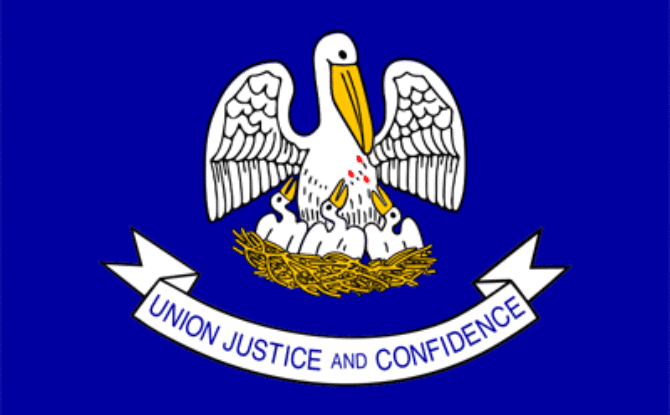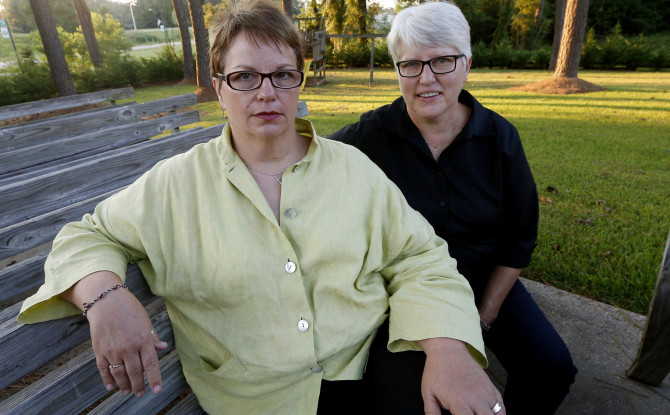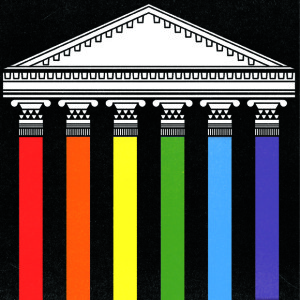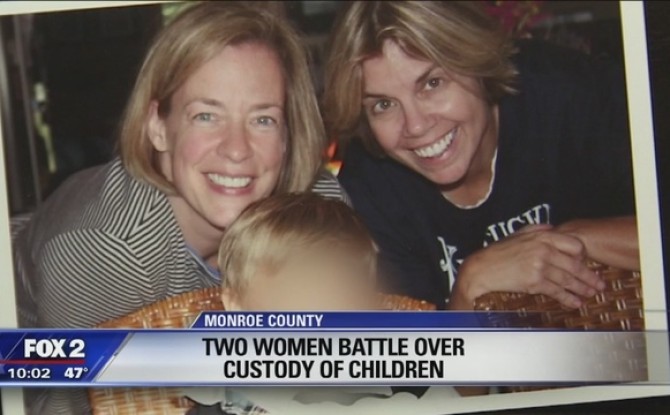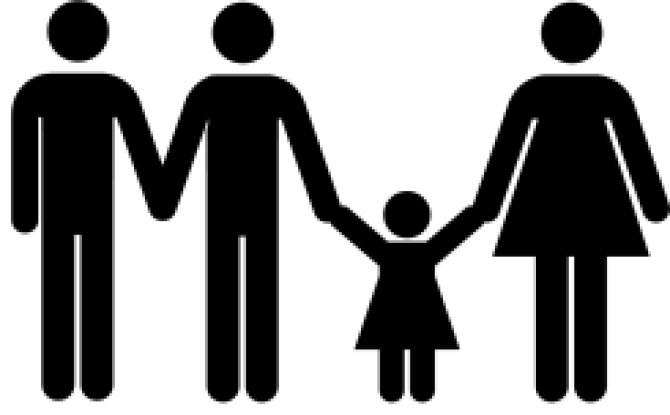Louisiana surrogacy is legal, but right now, there are no protections for either the biological parents or the birth mother. In the eyes of the law, the woman who gives birth to a baby is the mother, so a surrogate could ultimately decide to break an agreement and keep the child, and the biological parents would have no legal recourse.
Similarly, the biological parents could decide midway through a pregnancy they no longer want the child, and the surrogate mother would be legally responsible for the child, another wrinkle in Louisiana surrogacy arrangements.
Loren McIntyre is in the process of adopting her firstborn son.
Born in January, he is 100 percent genetically her and her husband’s offspring, but the couple used a gestational carrier, or surrogate, to give birth. And in Louisiana, legally she is not the mother until the adoption is finalized this June.

Pregnant woman belly with rainbow symbol LGBT
McIntyre, who has severe endometriosis, is unable to give birth to her own children. She underwent seven unsuccessful rounds of in vitro fertilization before deciding to seek surrogacy.
McIntyre shared her story on Monday with a legislative House committee in the State Capitol in hopes lawmakers will pass a bill that creates legal safeguards in Louisiana surrogacy, where virtually none exists.
House Bill 1102 sets up a legal framework for surrogate arrangements, which bans compensation to the surrogate mother, sets age requirements, requires medical testing and counseling, and mandates background checks. Importantly, it ensures the surrogate mother cannot make a legal claim to the child, and it forbids the biological parents from being able to back out on the agreement.
An identical version of the bill was passed by the full Legislature last year but was vetoed by Gov. Bobby Jindal. On Monday, the House Committee on Civil Law and Procedure advanced the measure without objection. It goes to the full House of Representatives for consideration.
But the measure had ample opposition from both sides of the aisle.
On the left, LGBT groups opposed the language that defines the intended parents as a “man and a woman,” preventing same-sex couples from being able to use surrogacy as an avenue for parenting. The bill also requires that the embryo come from the egg and sperm of the intended parents, which again, precludes same-sex couples.
LSU Law Professor Andrea Carroll testified that while she believes there’s a need for HB1102, she believes that wording would render it unconstitutional, per last year’s U.S. Supreme Court decision legalizing same-sex marriage.
On the right, conservative anti-abortion groups testified that the act of surrogacy often requires multiple unused embryos that are frozen or discarded.
“Life starts at the embryonic stage,” said Ben Clapper, with Louisiana Right to Life. “It’s a human life that needs to be protected.”
State Rep. Stuart Bishop, the Lafayette Republican who sponsored the bill, stressed that in vitro fertilization and surrogacy already are legal.
April 18, 2016 – TheAdvocate.com by Rebekah Allen
Click here to read the entire article.

